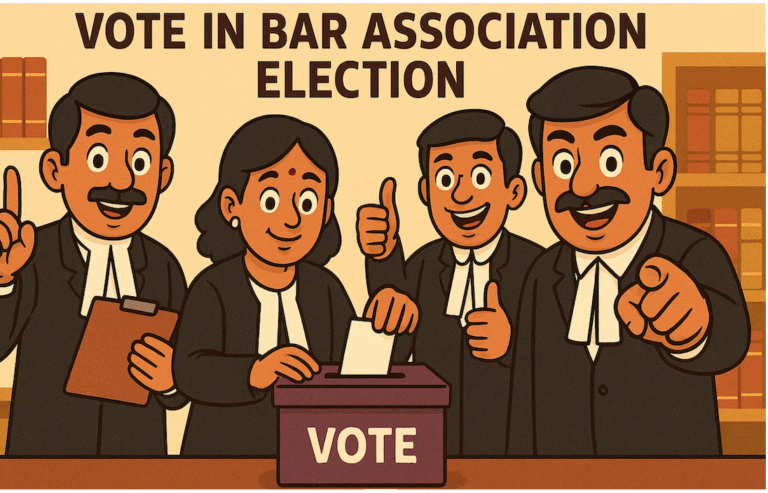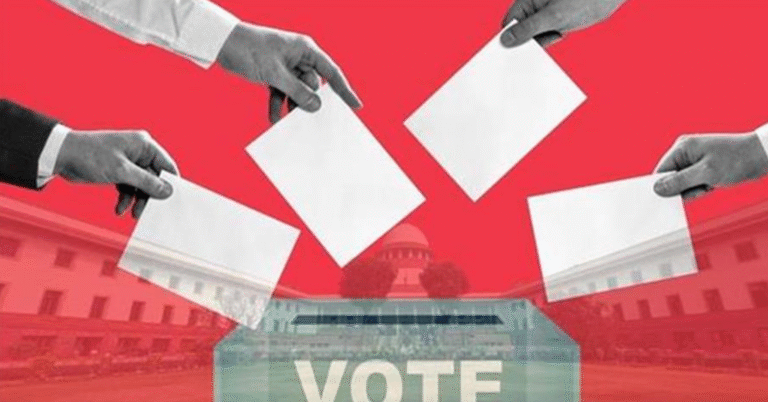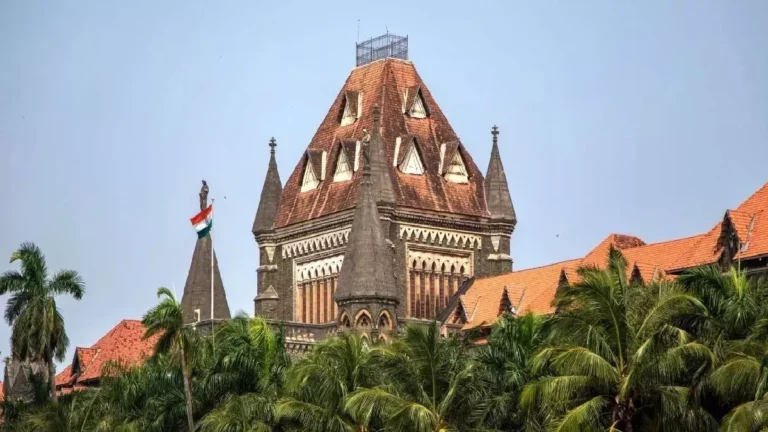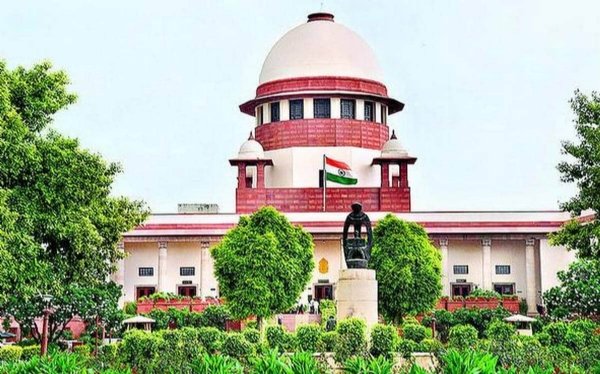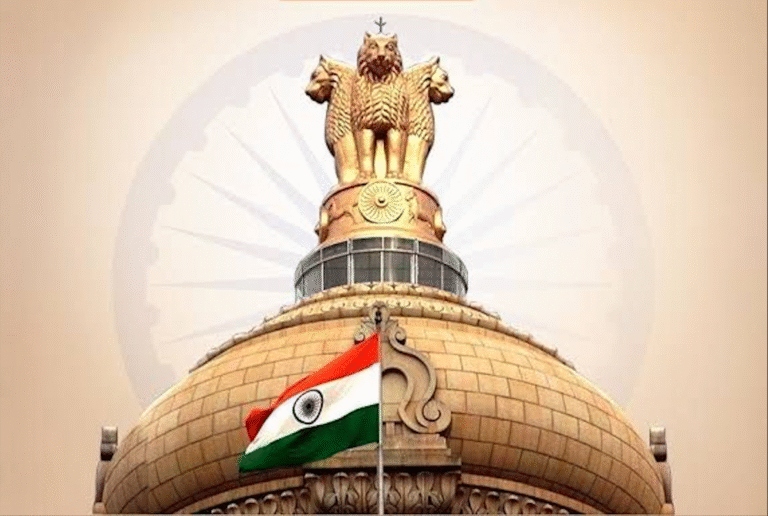Historic Supreme Court Ruling Brings Relief to Advocates and Litigants — Bar Members Hail Justices K.V. Vishwanathan and Dipankar Datta
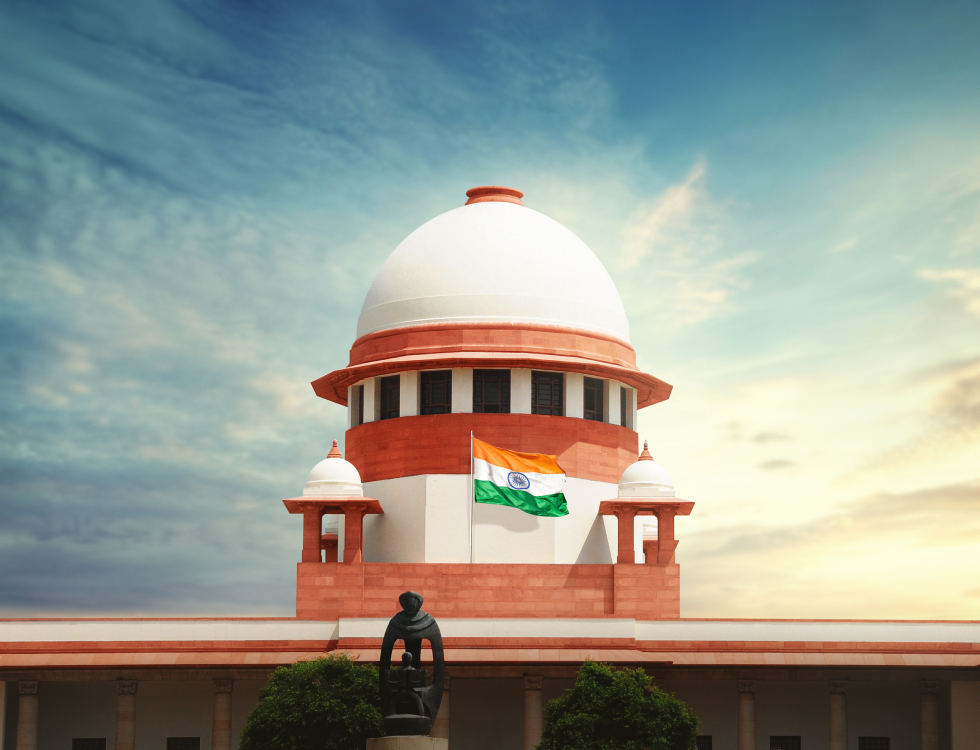
Supreme Court’s Reformative Judgment Marks a Turning Point Against Judicial Injustice and Discrimination
Nationwide Appreciation for Justices Vishwanathan and Datta After Historic Judgment Promoting Judicial Fairness
SUPREME COURT WARNS JUDGES :-
“Do Not Rely on Judgments at Your Own or Pass Adverse Remarks Without Hearing the Affected Parties”
— [P. Radhakrishnan & Anr. v. Cochin Devaswom Board & Ors., 2025 INSC 1183]
Effect on the Bombay High Court Five Judge Bench Order
Legal experts have confirmed that this ruling has impliedly overruled the Bombay High Court’s order dated 17.09.2025, passed by a Five-Judge Bench headed by Chief Justice Chandrashekhar, wherein 15 advocates were declared guilty of contempt and professional misconduct without being heard.
The said order, which relied upon several judgments suo motu without notice to the advocates, now stands vitiated. Experts note that the concerned advocates are now entitled to seek recall of the order and claim compensation for violation of their constitutional and statutory rights.
New Delhi / Mumbai, October 7, 2025:
In a historic and reformative judgment, the Hon’ble Supreme Court of India, through a Bench comprising Justice K.V. Vishwanathan and Justice Dipankar Datta, has laid down a clear and binding constitutional mandate that no court shall rely upon judgments or materials on its own, nor pass adverse remarks affecting the reputation or integrity of any person without affording them an opportunity of hearing.
This landmark ruling in P. Radhakrishnan & Anr. v. Cochin Devaswom Board & Ors., 2025 INSC 1183, has been hailed by advocates and litigants across India as a turning point in protecting the principles of natural justice, judicial fairness, and accountability.
Nationwide Applause from Legal Fraternity
The judgment has received overwhelming appreciation from Bar Associations, senior lawyers, and rights organizations throughout the country. The Indian Bar Association, Supreme Court Lawyers Association, and several regional legal bodies have issued statements welcoming this historic ruling.
National President of the Indian Bar Association, Adv. Nilesh Ojha, told the media that “this judgment will serve as a milestone in the ongoing judicial reform movement — it restores public faith in the courts and ensures that no advocate or citizen is condemned unheard.”
Bar Members and litigants from Supreme Court and High Court Litigants Associations have also applauded Hon’ble Justices K.V. Vishwanathan and Dipankar Datta for their courageous and reform-oriented approach in reinforcing judicial discipline and constitutional morality.
Curbing Judicial Arbitrariness
Advocates have pointed out that in recent years, certain judicial officers had misused discretion to rely upon judgments or points not argued by the parties, leading to whimsical and unjust orders that caused severe prejudice to litigants and advocates.
The Full Bench of the Supreme Court in Vijay Shekhar v. Union of India, (2004) 4 SCC 666, had already held that such conduct amounts to “Fraud on Power”, and judgments passed in such manner are null and void. Many High Courts have condemned this tendency, terming such acts as “gross judicial dishonesty” and “corruption”, warranting even suspension or dismissal of errant judges.
Judicial Accountability Strengthened
In Sama Aruna v. State of Telangana, (2018) 12 SCC 150, the Hon’ble Supreme Court emphatically ruled that judges, quasi-judicial authorities, and executive officers who act with bias, bad faith, or for extraneous considerations are guilty of “Legal Malice.” The Court clarified that any decision tainted by mala fide intent or misuse of authority ceases to enjoy judicial or administrative protection and becomes void in the eyes of law.
The Bombay High Court’s own landmark judgment delivered by Justice Amit Borkar in Harish Arora v. Registrar of Cooperative Societies, 2025 SCC OnLine Bom 2833, had already recognized and punished “legal malice” in the conduct of a judicial officer. Justice Borkar, exhibiting rare courage and judicial integrity, directed an official inquiry and administrative action against the erring officer — a precedent widely hailed in the legal fraternity as a bold and exemplary step toward judicial accountability.
Judicial Dishonesty and Contempt of Court
Further, several authoritative precedents have ruled that judges, quasi-judicial officers, and even executives who pass perverse or biased orders are guilty of “the grossest judicial dishonesty and corruption,” warranting suspension, removal, or even criminal prosecution.
Such judicial officers and executives have also been held liable for civil contempt under Section 2(b) read with Section 12 of the Contempt of Courts Act, 1971, for willfully disobeying constitutional and legal mandates.
Notable precedents include: – Kamisetty Pedda Venkata Subbamma v. Chinna Kummagandla Venkataiah, 2004 SCC OnLine AP 1009 ; Muzaffar Hussain v. State, 2022 SCC OnLine SC 567 ; Shrirang Yadavrao Waghmare v. State of Maharashtra, (2019) 9 SCC 144 ; R.R. Parekh v. High Court of Gujarat, (2016) 14 SCC 1 ; Smt. Prabha Sharma v. Sunil Goyal and Ors., (2017) 11 SCC 77 ; Legrand Pvt. Ltd., 2007 (6) Mh.L.J. 146 ; Govind Mehta v. State of Bihar, (1971) 3 SCC 329 ; K. Rama Reddy v. State, 1998 (3) ALD 305 ; Raman Lal v. State, 2001 Cri LJ 800; Jagat Jagdishchandra Patel v. State of Gujarat, 2016 SCC OnLine Guj 4517 ; Superintendent of Central Excise v. Somabhai Ranchhodhbhai Patel, AIR 2001 SC 1975 ; Umesh Chandra v. State of Uttar Pradesh & Ors., 2006 (5) AWC 4519 (All) ; Prominent Hotels v. New Delhi Municipal Corporation, 2015 SCC OnLine Del 11910 ; Re: M.P. Dwivedi, (1996) 4 SCC 152 ; Priya Gupta v. Additional Secretary, (2013) 11 SCC 404 ; State Bank of Travancore v. Mathew K.C., (2018) 3 SCC 85.
Judicial Perversity and Abuse of Power
Similarly, in Associates Builders v. Delhi Development Authority, (2015) 3 SCC 49, and Prem Kaur v. State of Punjab, (2013) 14 SCC 653, the Hon’ble Supreme Court held that judicial or administrative orders passed contrary to record, law, or logic are perverse, and such conduct amounts to abuse of power and miscarriage of justice.
The Court observed that perversity and arbitrariness in judicial orders erode the very foundation of the rule of law, and such actions cannot be protected under the guise of judicial immunity.
Criminal Liability of Errant Judges and Officials
Under the Indian Penal Code, acts involving legal malice, fraud on power, or deliberate violation of law—whether to favor one party or to harass another—attract criminal liability.
Such misconduct is punishable under Sections 166, 218, 219, and 220 IPC, which provide for imprisonment of up to seven years for public servants, including judges, who knowingly act contrary to law or fail to perform their legal duty.
Empowering the Common Man
According to Adv. Nilesh Ojha, National President of the Indian Bar Association, the Supreme Court’s latest judgment, read with Harish Arora and Vijay Shekhar, will empower common citizens and advocates to get justice and expose judicial wrongdoing without fear or intimidation. He stated:
“For too long, many have tolerated judicial arbitrariness out of fear, ignorance, or lack of means. This judgment marks the dawn of a judicial revolution — history will remember it as a milestone for truth and accountability in Indian courts.”
This landmark verdict is expected to restore public confidence in the justice delivery system, ensuring that every litigant and advocate is treated with fairness, dignity, and due process. It stands as a reaffirmation of the supremacy of the rule of law over arbitrary discretion, heralding a new era of judicial transparency, responsibility, and ethical governance.
Legal experts have described this development as a watershed moment in Indian judicial history, reinforcing that judicial power is a sacred trust, not an instrument of fear, and that true respect for the judiciary is earned through integrity, restraint, and accountability.
It stands as a reaffirmation of the rule of law over arbitrary discretion, heralding a new era of judicial transparency, responsibility, and ethical governance.
The Supreme Court Lawyers Associations, represented by Adv. Ishwarlal Agarwal, Adv. Vijay Kurle, Adv. Partho Sarkar, Adv. Tanveer Nizam, Adv. Niki Pokar, and Adv. Abhishek Mishra, Adv. Shiv Mishra along with the Supreme Court and High Court Litigants Associations, Sh. Rashid Khan Pathan , Sh. Mursalin Sheikh have collectively expressed their deep gratitude and appreciation to the Hon’ble Judges Justice K.V. Vishwanathan and Justice Dipankar Datta of the Supreme Court of India, as well as to Hon’ble Bombay High Court Judge Justice Amit Borkar, for their historic, courageous, and reformative judgments that have strengthened the rule of law and safeguarded the independence of the Bar and the rights of litigants.
In a joint statement, the associations observed that the recent rulings by the Supreme Court in P. Radhakrishnan & Anr. v. Cochin Devaswom Board & Ors., 2025 INSC 1183, and by the Bombay High Court in Harish Arora v. Registrar of Cooperative Societies, 2025 SCC OnLine Bom 2833, have together ushered in a new era of judicial integrity and accountability, where truth, fairness, and transparency are being restored as the foundation of India’s justice delivery system.
The associations further stated that these judgments will inspire thousands of advocates and litigants across the nation to stand fearlessly for justice, knowing that judicial misconduct and misuse of power will no longer go unchecked.
They hailed the said judges as beacons of judicial conscience who have reaffirmed the constitutional promise that “no one is above the law — not even those who administer it.”

